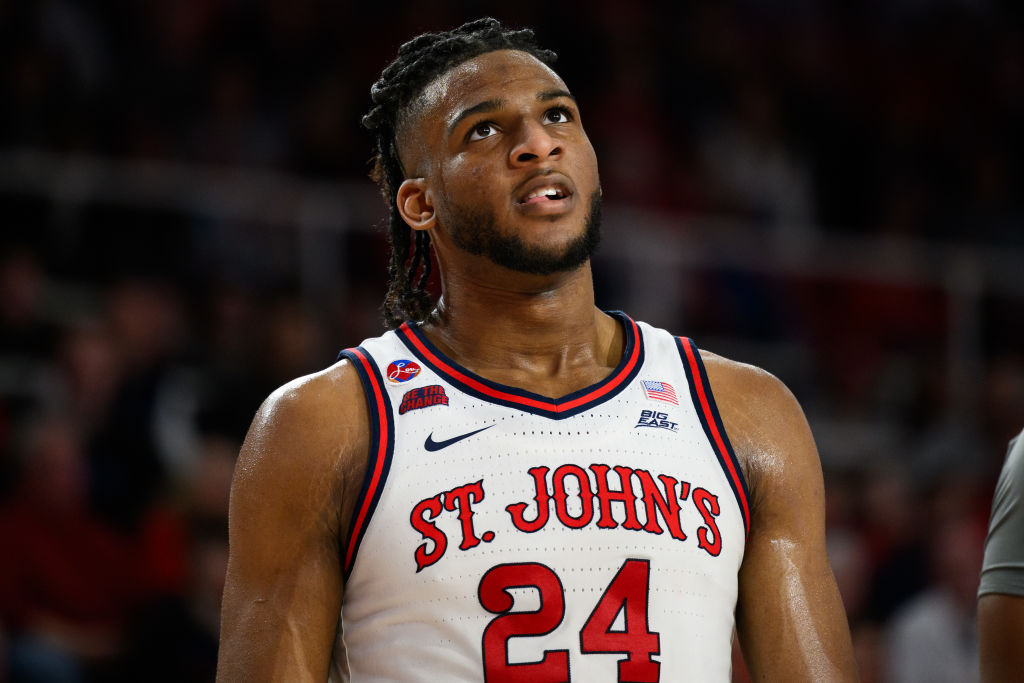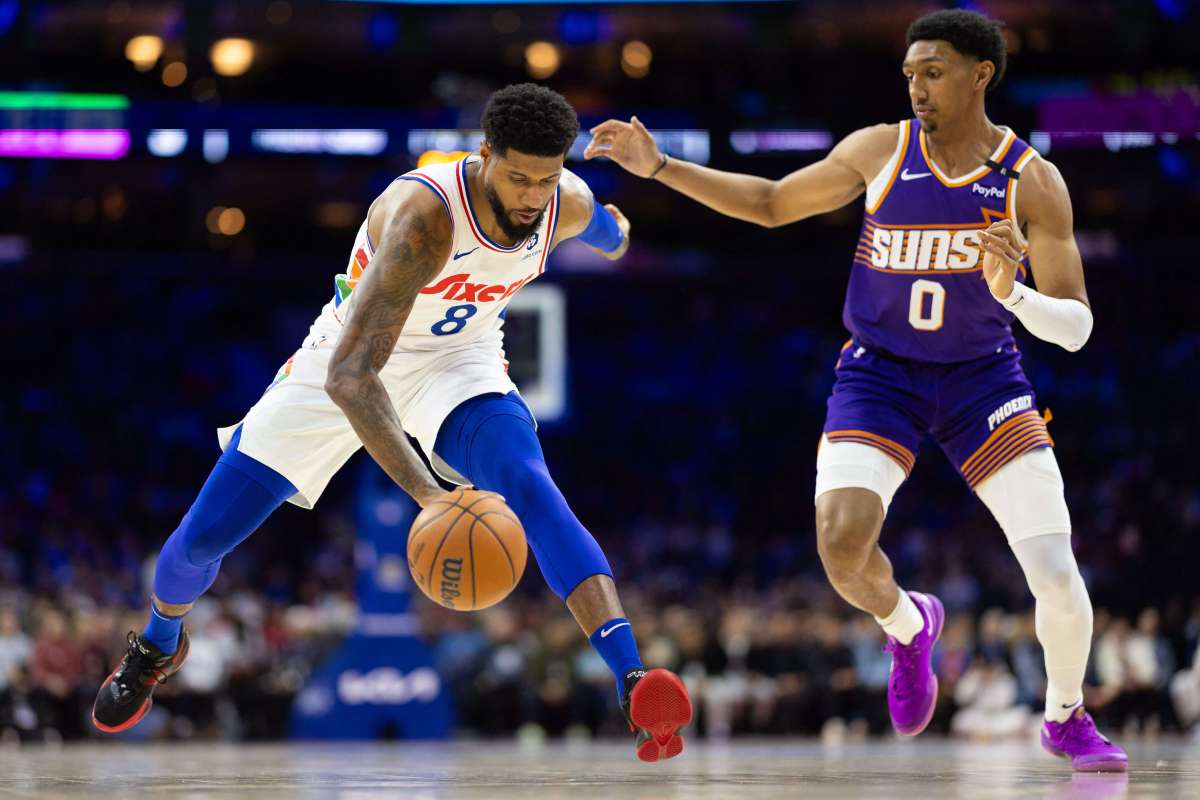BOSTON (AP) — With back-to-back Super Bowl victories for the hometown Chiefs, Kansas City football fans gathered for another championship parade and a second celebratory pep rally in a row.
Don’t expect there to be a third.
Not because the Chiefs, with star quarterback Patrick Mahomes still just 28 years old, can’t win another NFL title. But even if they do, officials are unlikely to allow so many fans in one place to cheer them on, security experts said in the wake of Wednesday’s shooting just after the rally had ended.
“They have to think twice about having these parades,” said former Boston Police Commissioner Bill Evans, who in 38 years with the department worked 12 championship parades and the aftermath of the 2013 Boston Marathon bombing. “When you have that many people hanging around in one place, nothing good’s going to happen.”
As many as 1 million fans turned out to cheer on the Chiefs on Wednesday, three days after their 25-22 victory over the San Francisco 49ers in Super Bowl 58. The event included a parade down Grand Boulevard, followed by a rally in front of Union Station.
The celebratory music was still playing when gunfire broke out in the crowd. A mother of two was killed and 22 others were injured — half of them under the age of 16. Two teens were in custody, Police Chief Stacey Graves said.
The Kansas City violence is part of a troubling trend in which sports celebrations turn deadly, with alcohol often the fuel and guns the spark that ignite violence.
Just in the last year at least 10 people were wounded when gunfire broke out in downtown Denver amid fans celebrating the Nuggets’ NBA title. Two people were arrested – but no one was hurt – when one person fired his gun in the air during a fight over parking lot etiquette after the Texas Rangers World Series parade.
Kansas City Mayor Quinton Lucas said the city would continue to celebrate its victories — and next month’s St. Patrick’s Day parade would go on as scheduled. But he conceded it might be time to rethink how championship celebrations are drawn up.
“If we’re blessed enough to win a Super Bowl again, do we do this again? Or do we all just say, ‘Go to Arrowhead Stadium. Walk through metal detectors. Have a very secured, vastly smaller event,'” he told local television station KMBC.
“I think a lot of us, particularly those of us who are thinking about bringing our children somewhere, may ask, at least for a little while, ‘Is this the sort of thing that we want to risk?’” he said. “It’s a shame that this is what we’ve come to today in America and in our city.”
Security at sporting events was mostly in the background until the Sept. 11 attacks heightened fears that terrorists would make one of the high-profile public gatherings a target. The Super Bowl the following February was designated a “National Security Special Event” managed by the U.S. Secret Service, and fans passed through metal detectors to enter the Louisiana Superdome in New Orleans; a similar plan secured the Winter Olympics in Salt Lake City later that month.
But for the typical regular-season baseball game, it was still usually the same police working crowd control and warning fans, “If you see something, say something.”
“They might have checked you more for alcohol,” Evans said. “But I don’t think anyone was worried about guns or explosives.”
That changed after the Boston Marathon bombing, when two exploding pressure cookers killed three people and wounded hundreds more near the finish line of the world’s most prestigious road race. Metal detectors went up at ballparks and stadiums across the country, and only small, see-through bags were allowed.
But that’s a difficult proposition for large, open venues like where the Kansas City rally was held, or the 26.2-mile Boston Marathon course. Paris Olympic organizers, who are planning to hold this summer’s opening ceremony on the River Seine, have already said they will limit the crowd to 300,000 people for security reasons.
Ed Davis, who preceded Evans as Boston Police Commissioner and was on the job during the marathon attacks, said authorities don’t want enhanced security that just pushes the problem somewhere else.
“It’s a challenge: Wherever you put a perimeter up, there’s always going to be a soft exterior to it,” he said. “So it’s hard to cover everything.”
Davis, who is now a consultant on crisis response and security, said there is a lot more planning that goes into events like the Chiefs parade — and more resources, too. Kansas City officials said they had more than 800 officers on duty Wednesday; Davis estimated it would have been half that before 2013.
New technology also allows authorities to scan for weapons more efficiently than the old, one-at-a-time “mag and bag” systems. And Big Brother now has facial recognition software and artificial intelligence to look for known bad actors.
Wednesday’s shooting appears to be less about a terror attack than a dispute that turned deadly.
“You always worry that the local crime picture is going to spill over into an event. … That’s your worst fear,” Davis said. “You can’t control when two groups of idiots encounter each other. And, unfortunately, everybody’s carrying guns now.”
Evans said Boston officials learned over a 17-year period in which local sports teams won 12 championships to abandon the usual pep rally format, where the team takes the stage at the end of a parade to thank the fans and show off its new trophy; the city also starts the event early, in an attempt to catch the fans before the drinking hits full speed. When the Boston Red Sox won the World Series in 2004 — its first in 86 years — the city held a “rolling rally” through the Back Bay with plenty of boozing and cheering, but no speeches.
“Everybody’s liquored up by that time,” Evans said. “That’s why we kept the players moving.”
And Evans, who left the Boston Police force in 2018 and is now the Chief of Police at Boston College, said it’s fine with him if he never attends another parade.
“For me, the novelty had worn out. I got to the point where I didn’t really want them to win,” said Evans, a native Bostonian and lifelong local sports fan. “Everyone’s drunk, all the schools are off, and it turns into a cluster of nothing but problems. The whole purpose was to get it in, get it out, so nobody gets hurt.”
AP sports: https://apnews.com/sports


















